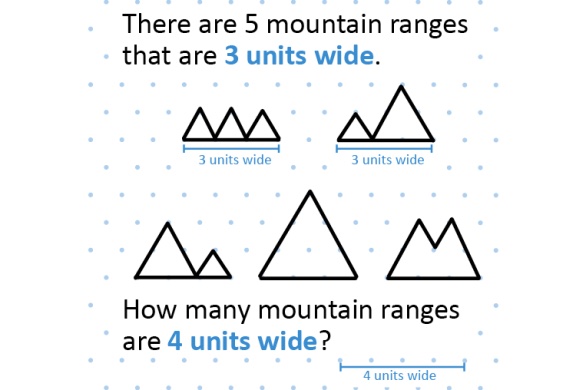5. Dear Math, You are Opressive
- The main source of oppression in math class centers around grades. What’s especially oppressive is the public compression of grades. Students don’t feel agency as they feel that grades are something that is done to them. Sarah also cites statistics that show how grades adversely impact black and Hispanic kids and female students. While women are more likely to go to college and graduate, they are far less like to earn degrees in STEM subjects.
- Sarah wants to find out what the student knows, not what they don’t know. The first fifteen minutes each Friday is devoted to having each student write what they know about the week’s concept(s). They can even write questions. For each thing they know, they get a point. The following week they can revise this work. They use a rubric to determine where they are as far as necessary letter grades are concerned. The emphasis is on self-assessment in a non-punitive, celebratory manner. When parents ask how their kids are doing, she tells them to sit with the child and have them explain what they know.
6. Dear Math, I Am Fraudulently Fond of You
- Kids who find math easy without seeing the beauty and connectedness that math offers are fraudulently fond of math. This happens when teachers rank, sort, and make publically known who the top students are. Sarah recommends that you get rid of timed tests that promote this feeling. Many students find it nerve-racking and embarrassing. Excessive high-stakes testing undermines the goals of instruction and meaningful learning.
- Shift away from focusing on right and wrong answers to prevent students from building a fraudulent fondness. Look for new ways to define smart and value diverse thinking. There is a list here of the attributes that she looks for.
7. Dear Math, You Are Beautiful
- For math to show its beauty, someone has to understand one or more concepts. This requires the process of consolidation. When knowledge is consolidated, it can be easily retrieved and used. To consolidate something, you can write it down, sum it up, and reflect on it. Students should keep journals, create charts and illustrations, and give titles to lessons.
- Sarah’s students do portfolios. They can be physical or digital. She works with her students to create a rubric. Students then use it to check their work and defend the grade they think they deserve. They are also allowed to revise their work to improve their grade.
8. Dear Math, You Are Fun
- Fun and games can be useful tools for promoting deeper understanding, but they shouldn’t be overused or gimmicky. Play is crucial for a child’s development, and it’s beneficial for people of all ages. Beware of computer games that can turn math class into a race and a competition. Sarah offers some detail on how your students can make memes and how they can use jokes and play with math while avoiding gimmicks.
- Be sure to check out Play With Your Math by Joey Kelly (@joeykelly89) and Xi Yu (@xyu119). Sarah also recommends Sara VenDerWerf’s blog. @saravdwerf

DrDougGreen.com If you like the summary, buy the book





